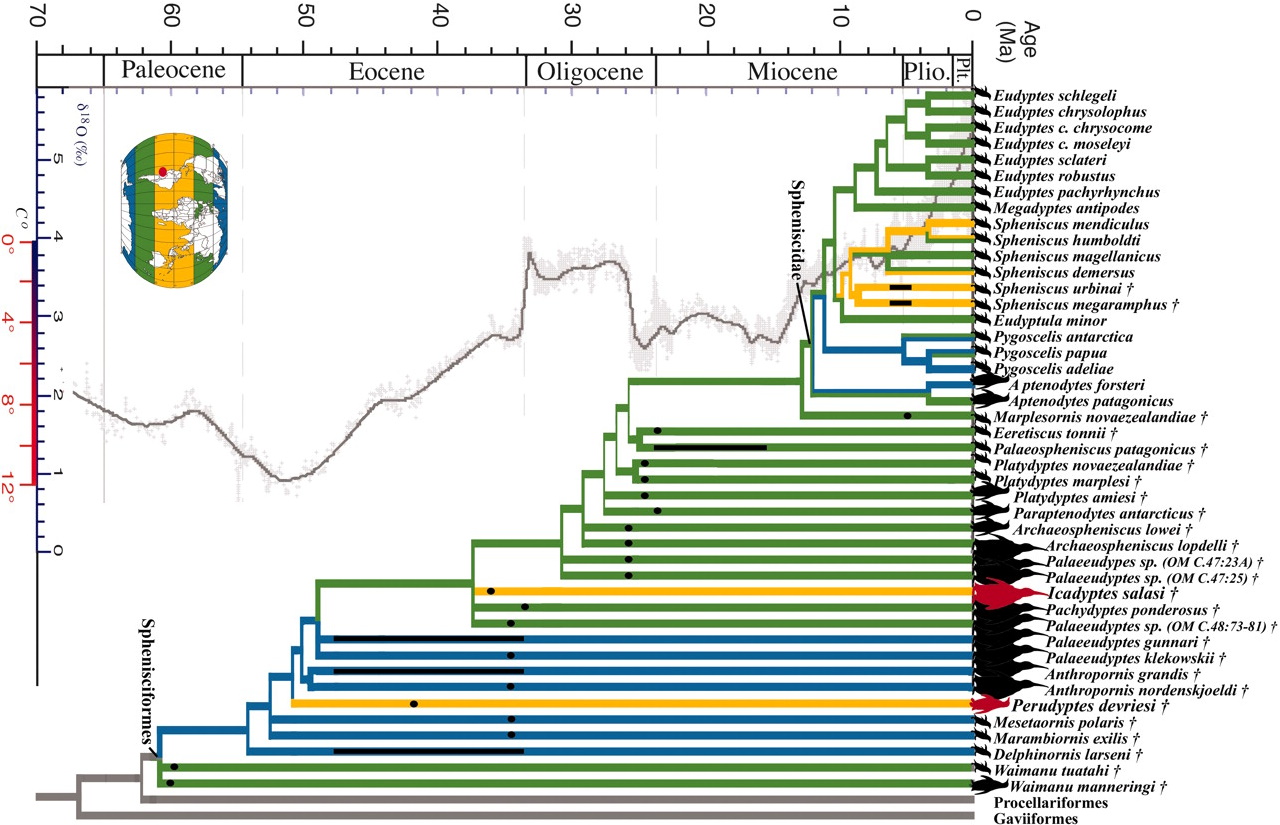23 April 2014
Penguin populations in Antarctica are constantly monitored via satellite-connected cameras [Credit: Alasdair Davies]
Three high-tech satellite-connected cameras have been
installed near the South Pole in a unique attempt to monitor penguin
populations battling climate change.
The camera system, designed by Cambridge Consultants, has
previously been deployed to study wild-life in Kenya and will now be put
to test in harsh Antarctic conditions.“We have installed the system in January on a small island near the South Pole,” said Jonathan Pallant, a senior engineer at Cambridge Consultants. “It consists of three cameras communicating wirelessly with a hub unit, using a custom-developed protocol.”
The motion activated cameras transmit images in real time via the Iridium satellite constellation to UK-based zoologists, enabling them to see what the animals are doing even if they are thousands of miles away. The cameras use infra-red LED flash lighting which allows them to capture images night and day.
Most of the technology used is identical with that employed last year to monitor rhinos in Kenya, including a Raspberry Pi computer at the centre of the system. However, Antarctica places extra demand on battery design and durability.
“We considered a whole range of environments when designing the system, starting with African deserts and savannahs, to extremely moist and cold environments,” Pallant said. “Of course the system needs to be watertight to protect the electronics. However, the biggest challenge is the battery. We used a car battery as it performs the best in extremely cold conditions.”
As the Antarctic winter is approaching the reliability of the battery system would be critical as the cameras’ solar panels won’t generate any electricity.
So far, zoologists studying penguins have had to rely on data gathered during their challenging missions to Antarctica. The penguin-focused CCTV will thus help keep an eye on the animals all year round, providing better understanding of how these animals cope with the progressing climate change.
“The unique thing about this system is the fact that we can change the configuration of the system remotely using the Iridium satellites,” said Marion Campbell, practice director at Cambridge Consultants. “We don’t need to be there physically, in order to, for example, adjust the timing delay between the trigger and the moment when the actual picture is taken.”
The trial, part of the Penguin Lifeline project, is a cooperation between Cambridge Consultants, Oxford University and the Zoological Society of London. As the results have been promising, the team plans to deploy additional cameras in selected areas across Antarctica in the coming months, ahead of the penguin breeding season.
source








No comments:
Post a Comment